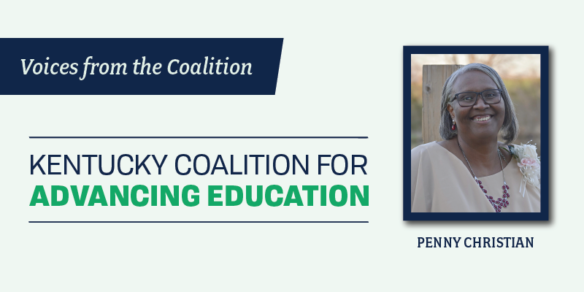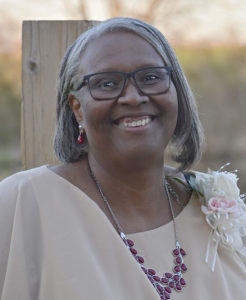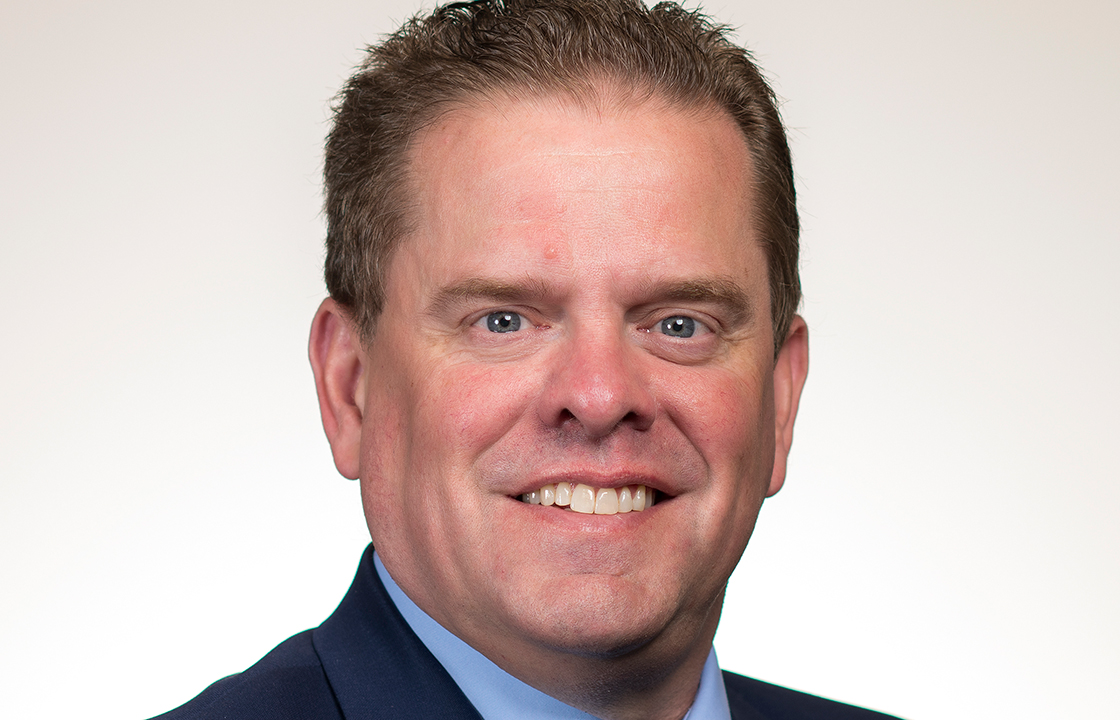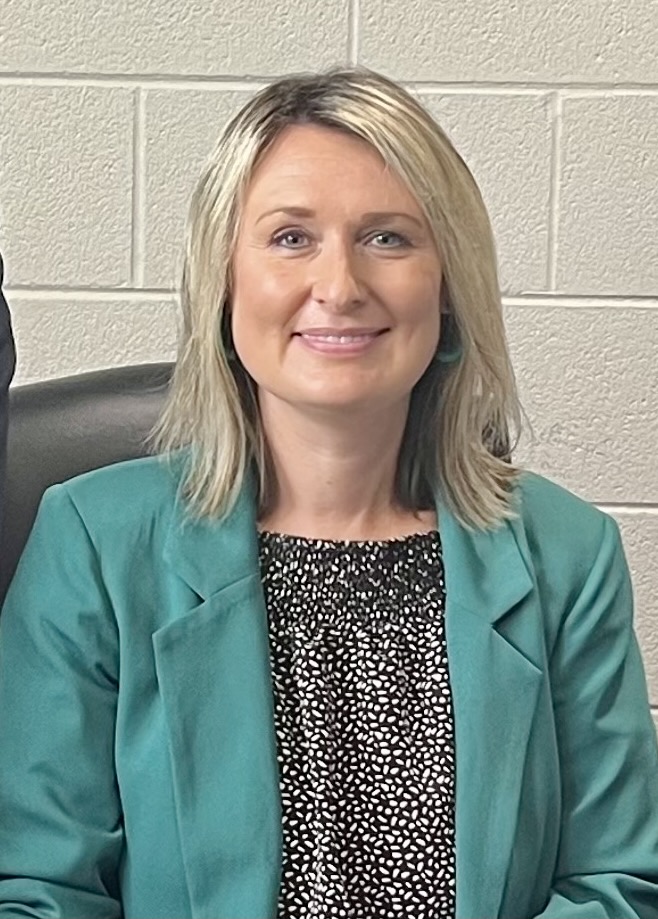
Editor’s Note: This is the first in a series of columns that will be published throughout July highlighting the experiences of different members of the Kentucky Coalition for Advancing Education and the work that will take place moving forward.
My journey with the Kentucky Coalition for Advancing Education actually began with the Commissioner’s Listening Tour.
After attending one of the sessions on the 13-stop listening tour, it was immediately obvious the goal was to address perceived education trends and concerns most stakeholders probably had. Although condensed, the guided questions used during the tour – called empathy interviewing – allowed participants to share their thoughts and opinions with the Kentucky Department of Education, which would be used as a jumping off point to formulate a much larger plan.
The simultaneous feelings of exhilaration and exhaustion at the end of each two-hour coalition meeting are tangible evidence of the importance and magnitude of this undertaking.

Penny Christian
Our charge – as outlined by Commissioner of Education Jason E. Glass – is to hear every voice. We were asked to remove our lenses, setting aside our own biases and lanes so that we may usher in a level of empathy we might not have felt before. This directive has played out at the beginning of every meeting with Connection Building exercises. To be sure, these activities, though short in time, tapped not only into our personal experiences, but also how similar they were to everyone else’s.
When I facilitated the last connection activity, it forced me to recognize how my growth as an advocate and leader impacts everything I do. I speak through the lens of advocating for students and families. These exercises now have me expanding that lens to include teachers, administrators and superintendents. As a result, my desire to fight for true equity in Kentucky public schools has been amplified exponentially.
As a mom of four African American girls, I have always ensured they had a champion. Prior to joining the coalition, I was acutely aware of the number of Black and Brown families who never felt empowered or valued. Now, as both messenger and recipient for those families, I see that all other stakeholders are ready to embrace every voice. “Acknowledge many forms of expertise,” which is one of the community agreements we read at the beginning of every coalition meeting, speaks to just that desire – to hear all voices and not be bound by hierarchy.
If you could peruse all of the comments from the listening tour, I’m sure you would notice several themes. One that stood out for me validated something I have known for quite some time: families of marginalized groups do not feel SEEN. There was story after story of parents desiring – needing – to be true partners with teachers and schools, only to be shut out or ignored.
Especially concerning was the data from our English learner families; comments on fear, distrust and invisibility were glaringly consistent. What do they crave in relationships with schools? Reciprocity. For all parties in a relationship to have purpose, it must be reciprocal. Reading profiles from our community members work group validated this for me.
So, here’s the question: How do we address this first as a coalition, then as the entire Kentucky Department of Education?
Earlier I mentioned exhilaration and exhaustion. The last time I experienced this level of intensity, of responsibility, was when I participated in the Education Trust Family Fellowship. The fellowship is a national initiative designed to equip parents and families to work alongside leaders in their communities to ensure that underserved children have access to a high-quality education.
For sure, that work was hard, deep and valuable. I felt like I was making decisions for every child in the country. Every member of my cohort felt the same way; we were about change. And, I have to say, I sense that same passion from the members of the Kentucky Coalition for Advancing Education.
I don’t believe I can fully identify what I have learned from this coalition work just yet, because I genuinely think we are still writing that narrative. However, what I can say without reservation is that I need our school systems across the Commonwealth to embrace change, acknowledge challenges and raise expectations.
Equity is not a notion. It is a mindset. Every child deserves to reach his or her potential, regardless of any barriers they may face for which they are not responsible.
Penny Christian serves on the Kentucky Coalition for Advancing Education. She is the mother of four girls, all of whom have or are attending Fayette County public schools.
HOW YOU CAN GET INVOLVED
Local Laboratories of Learning (L3s) serve as reciprocal learning partnerships between a school district, parents, students, educators and others who have the greatest awareness of the needs and desires of the local community.
Like the Kentucky Coalition for Advancing Education, these community-based partnerships aim to create a more equitable future for education in Kentucky through an inclusive co-design process. We believe that the most powerful insights will come from teams that feature the voices of communities that have been traditionally marginalized and not included in decision-making about accountability and assessment.
Local families and community members can participate by joining their L3 team or by assisting with empathy interviews to gather stories from people in the community and sharing those experiences with the local team. Through these efforts, districts and community members will create a system of assessment and accountability that reflects the diversity of the students, families and communities it represents.
For more information about L3s, email Sarah Snipes, program consultant for the KY Innovative Learning Network at the Kentucky Department of Education.



Leave A Comment